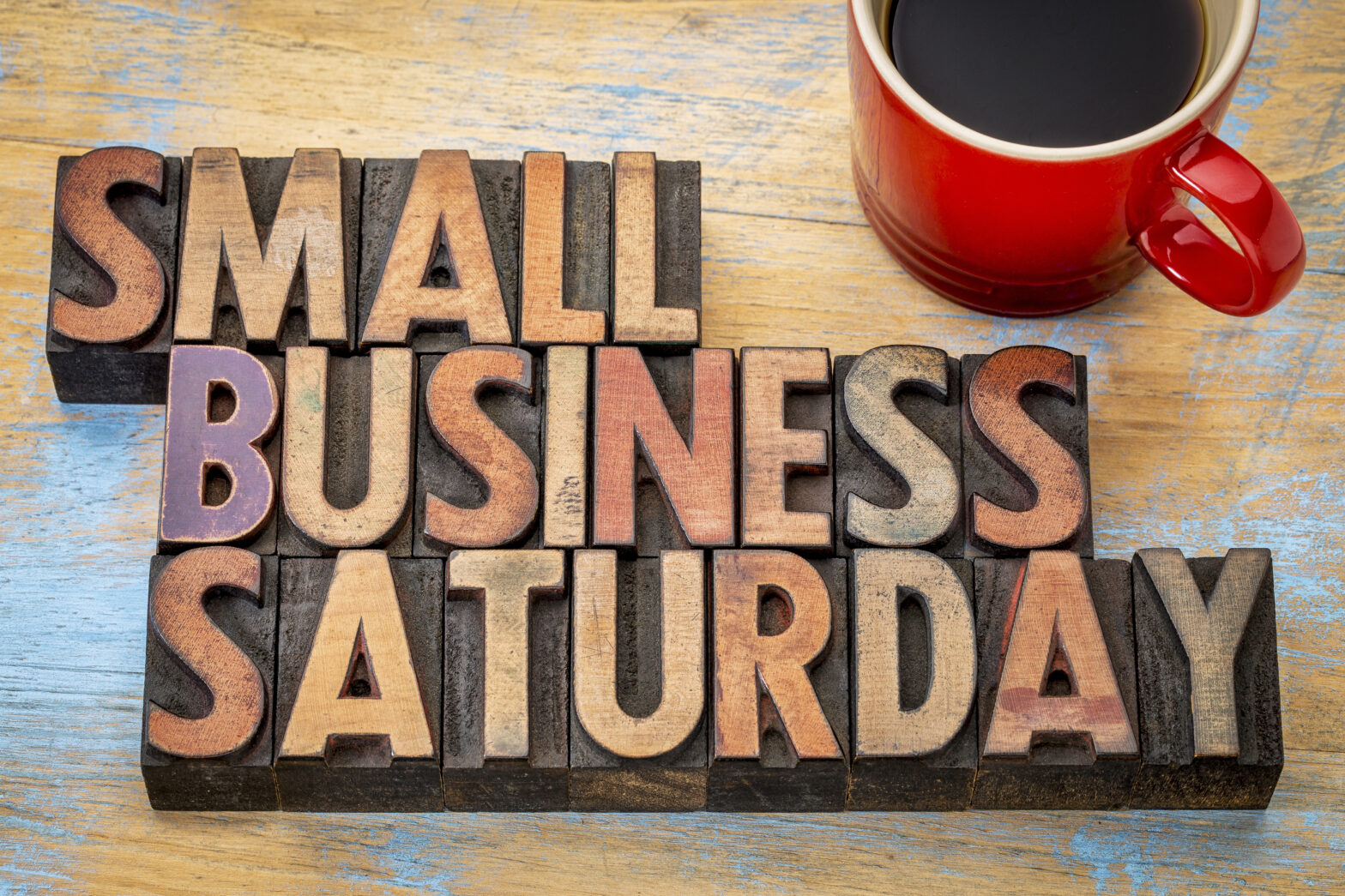This year’s Small Business Saturday, a day where shoppers are encouraged to spend with local firms, is on December 5.
In its eighth year, the grassroots campaign returns just three days after the English lockdown lifts. Last year’s campaign saw an estimated £800m spent with small businesses across the UK.
Small Business Saturday organisers have matched businesses with mentors and provided free virtual workshops, focusing on tools to help handle the pandemic, such as embracing online, diversifying, managing cash flow and improving entrepreneur mindset and mental health.
More consumer support for small businesses this year
Research from Small Business Saturday and its principal supporter, American Express, shows a ‘soaring affection’ for small businesses. Over half (59 per cent) of their survey respondents say that they support small businesses now more than before, following the significant role they played in communities during the coronavirus lockdowns. In fact, consumers plan to spend £6.2bn shopping small this December.
A large proportion also want to support local jobs (47 per cent) while almost a third (31 per cent) said it was because they’d seen small businesses working very hard this year and wanted to them to succeed. Over four in five consider local shop workers to be frontline.
People are most excited to see hairdressers (34 per cent), restaurants (34 per cent) and cafés (31 per cent) reopen their doors as lockdown restrictions lift.
Small Business Minister, Paul Scully, said: “Now more than ever it is vital that people get behind their local businesses, whether by popping in to get Christmas presents, ordering essentials online or getting a takeaway from their favourite cafe or restaurant.”
“Small Business Saturday is not just one event, but millions of actions, taken by all of us, that add up to one big impact to boost small businesses at this difficult time,” said Michelle Ovens, director of Small Business Saturday UK.
“This year, we are encouraging people to show their support not just on Small Business Saturday itself but in the coming weeks, months and beyond, in all the different ways they can safely.”
The importance of social in your small business
Research from Yell Business also identified how the global pandemic has accelerated changes in the way businesses are communicating with their customers, with over three quarters (76 per cent) of SMEs having introduced new ways of communicating in 2020.
The emergence of instant messaging tools such as Facebook Messenger, WhatsApp and other social messaging platforms as vital communication tools for businesses was identified by Sprout Social.
Over half (53 per cent) of SMEs surveyed said that instant messaging is key for business success post COVID-19, while 39 per cent stated they had seen an uplift in enquiries thanks to using instant messaging services during the pandemic. Meanwhile, 38 per cent said that they had seen increased customer satisfaction and 33 per cent saw an uplift in repeat business.
Since November 1 2020, the message volume around small businesses has increased by 4,058 per cent.
“There is a sense of urgency that comes with the calls-to-action to #ShopSmall and #ShopLocal because there are real fears that some of our favourite small businesses may not survive,” said Lauren Cover, content specialist at Sprout Social. “Over 432,200 tweets about small businesses in the last 14 weeks included the word ‘help’ or ‘support,’ with 50,459 of those tweets originating from the UK, suggesting that consumers are aware of the challenges small businesses are facing and want to show their support.”
The top five most frequently used hashtags in conversations around small businesses were:
- #ShopLocal – used in 174,203 tweets
- #ShopSmall – used in 172,795 tweets
- #SmallBusiness – used in 66,336 tweets
- #SupportLocal – used in 23,329 tweets
- #SupportSmallBusiness – used in 22,422 tweets





